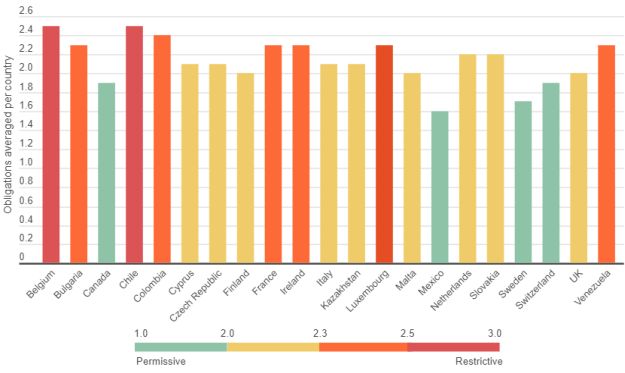- within Employment and HR topic(s)
- in United States
- with readers working within the Transport industries
- within Government, Public Sector, Antitrust/Competition Law and Wealth Management topic(s)
- with Senior Company Executives, HR and Inhouse Counsel
Like many employers, you may be struggling to find employees with the skills you need in your own country. But the pandemic has shown, if nothing else, that work can be done from anywhere. So what if you just cast the net wider and found people with the right skillset from other countries to work for you?
Well, from a legal point of view, there may be some things to think about. If you have people working from a country in which you don't have a permanent establishment ('satellite workers'), there is a whole list of considerations - and the rules vary in different countries. In some, you will find that certain steps are forbidden, whereas in others, they may be allowed or encouraged.
Our checklist covering 20+ countries, sets out what is (i) forbidden; (ii) required; (iii) recommended or (iv) not required under the rules of each country, when you, as a foreign employer, hires someone to work there. In the chart below, you will see each country represented by a colour that shows the average of its scores across various different topics (listed below), to give you an indication of how generally restrictive or permissive the country is.
Rules on different topics in detail:
Please select the country you are interested in from the menu bar below to view detailed information on:
- Administrative obligations
- Employment contract
- Policies
- Health and safety
- Collective bargaining agreement
- Immigration
- Corporate tax
The obligations you will face in each of the countries are colour-coded both in the chart above and the table below as follows:

Click image for interactive table
The content of this article is intended to provide a general guide to the subject matter. Specialist advice should be sought about your specific circumstances.




